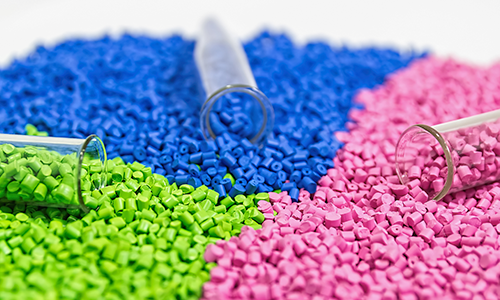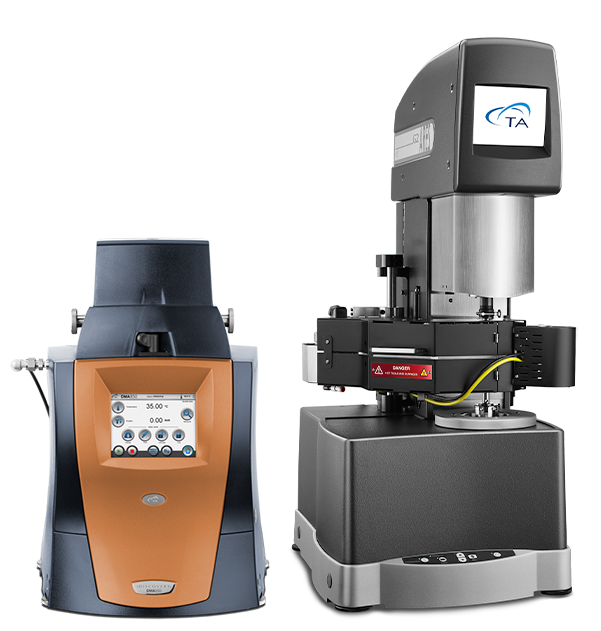How to Accelerate Thermal Stability Testing for High-Concentration Drugs
The stability of high-concentration drugs can change under storage conditions, but until now, thermal testing in the lab using traditional calorimetry methods has been time-consuming and challenging. The new TA Instruments RS-DSC fills a critical antibody formulation development gap by allowing for high-throughput short-term thermal stability testing at formulation strength concentrations. In this blog, we explore why that’s essential.
Details












